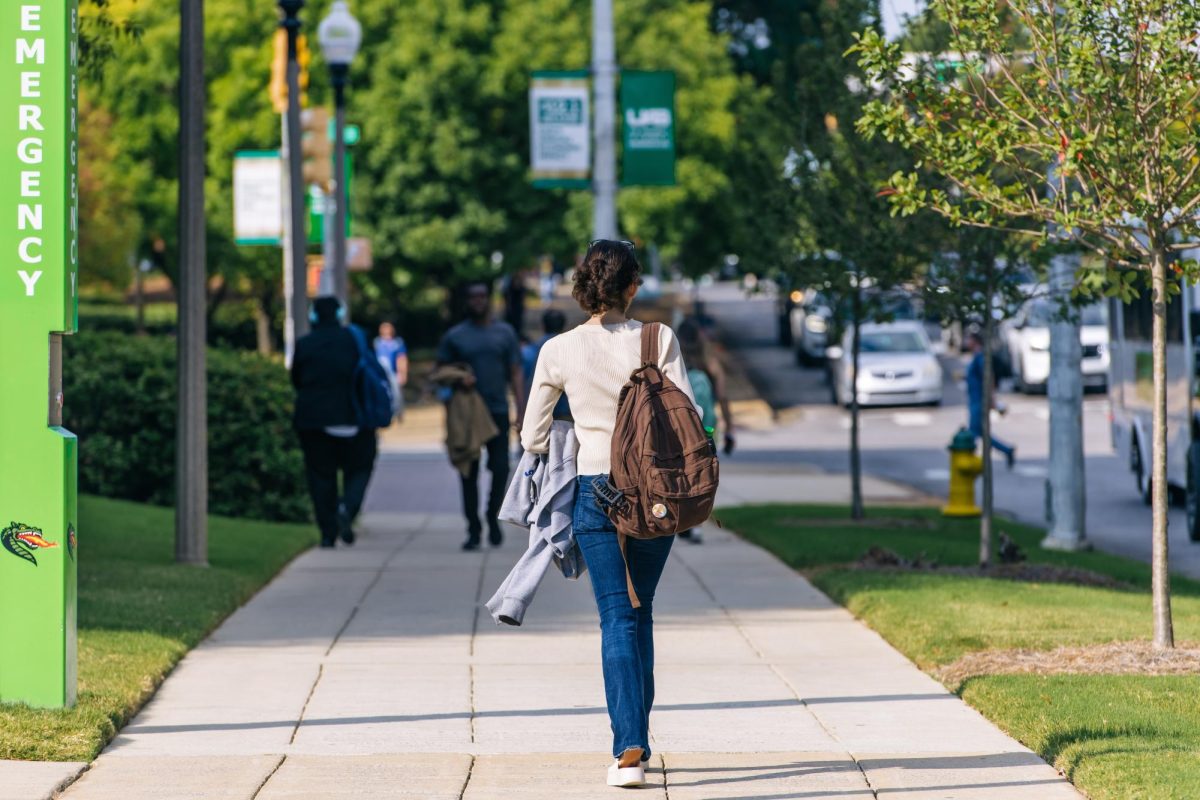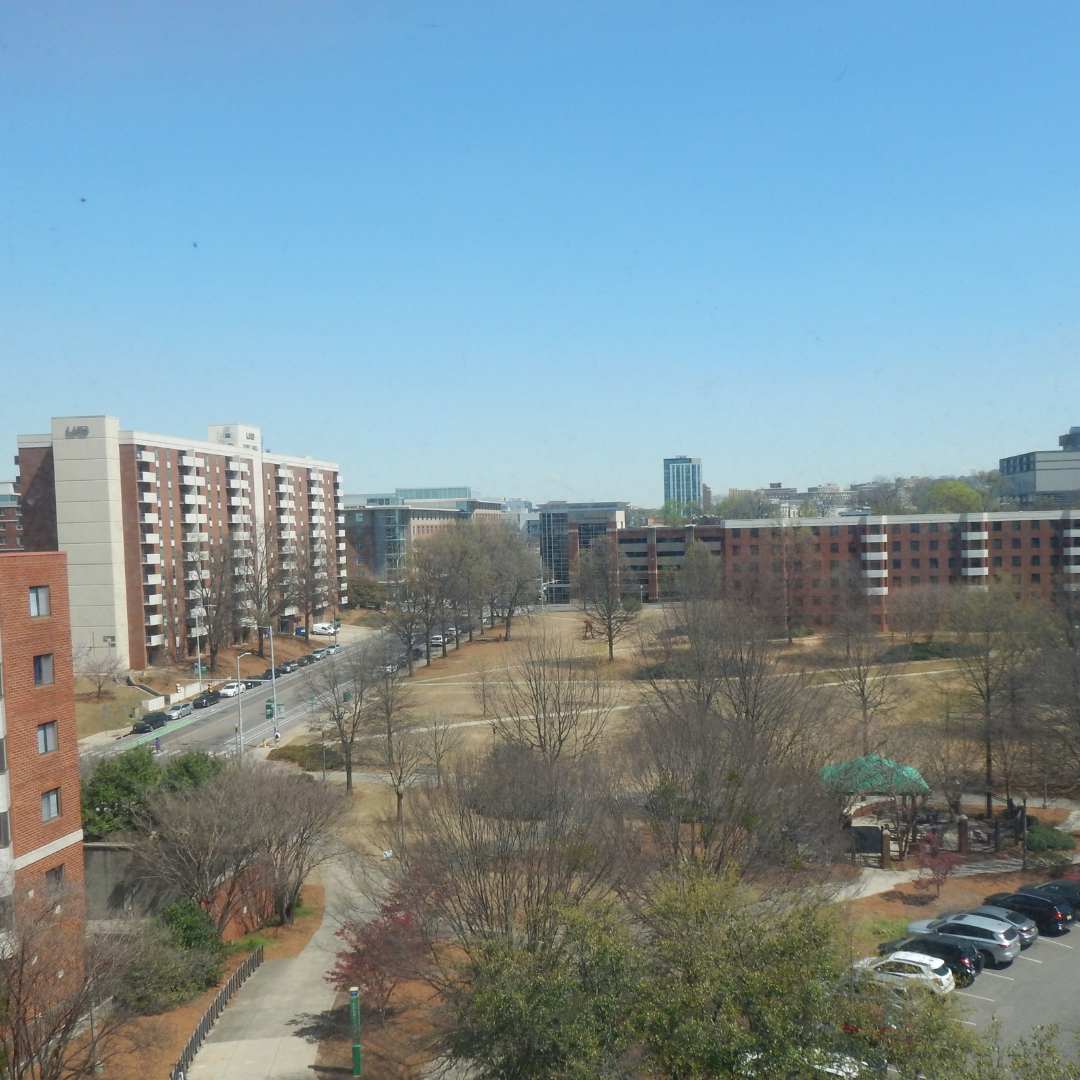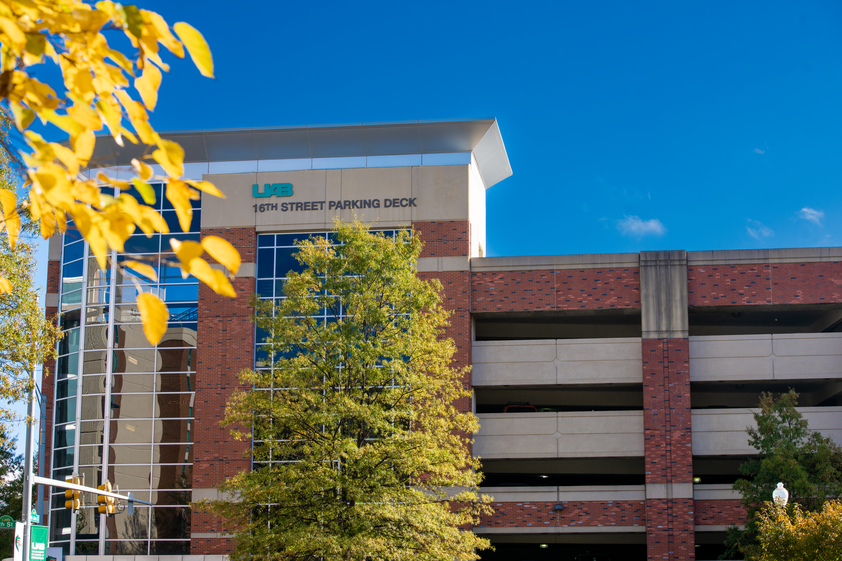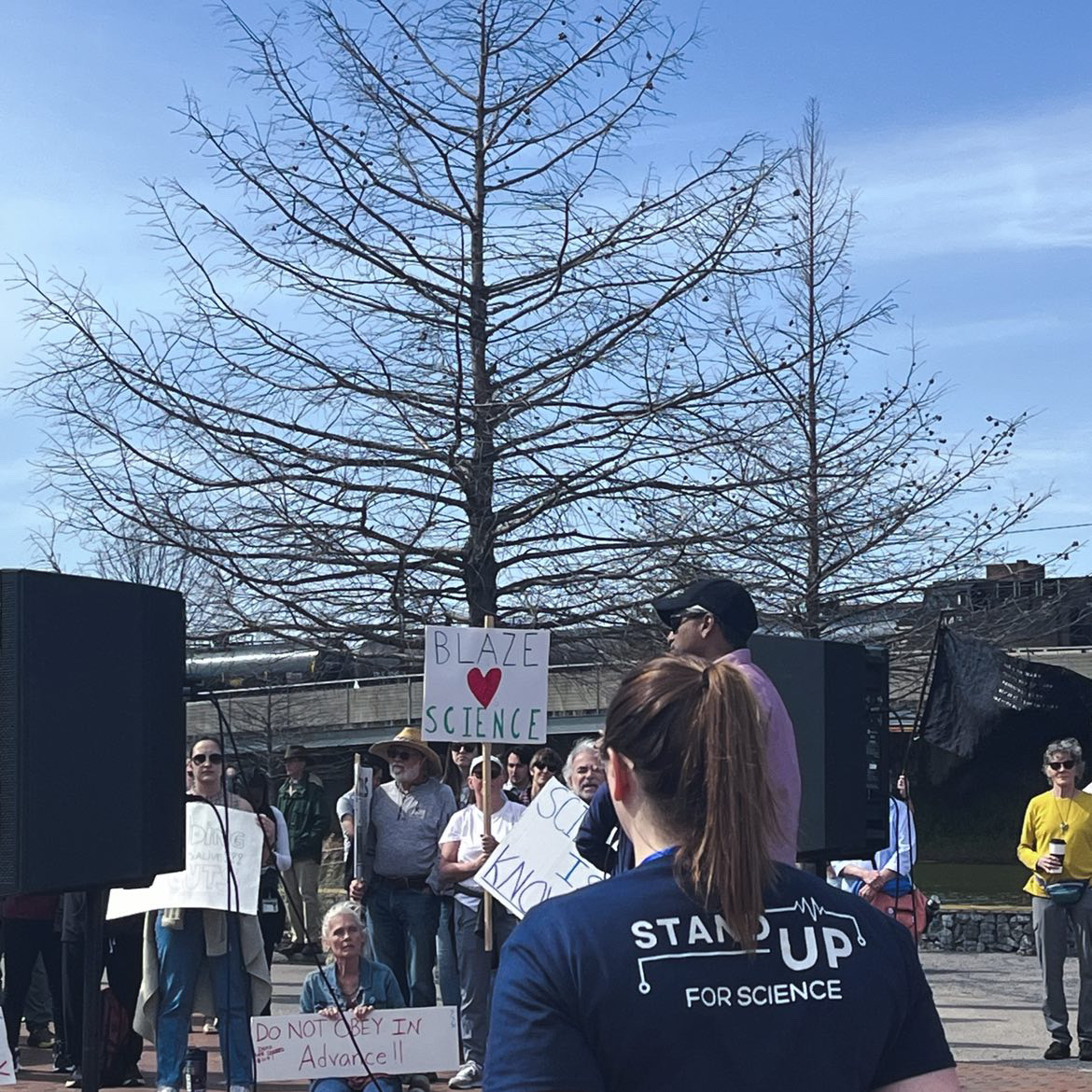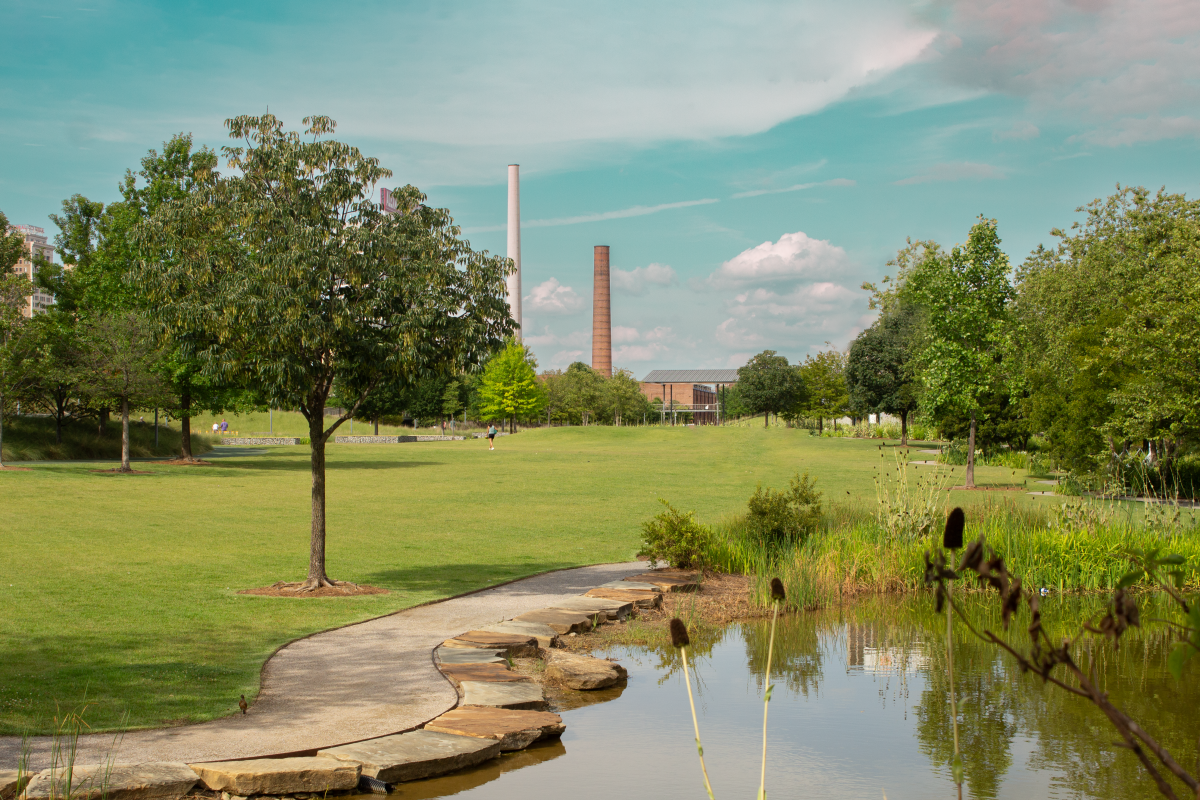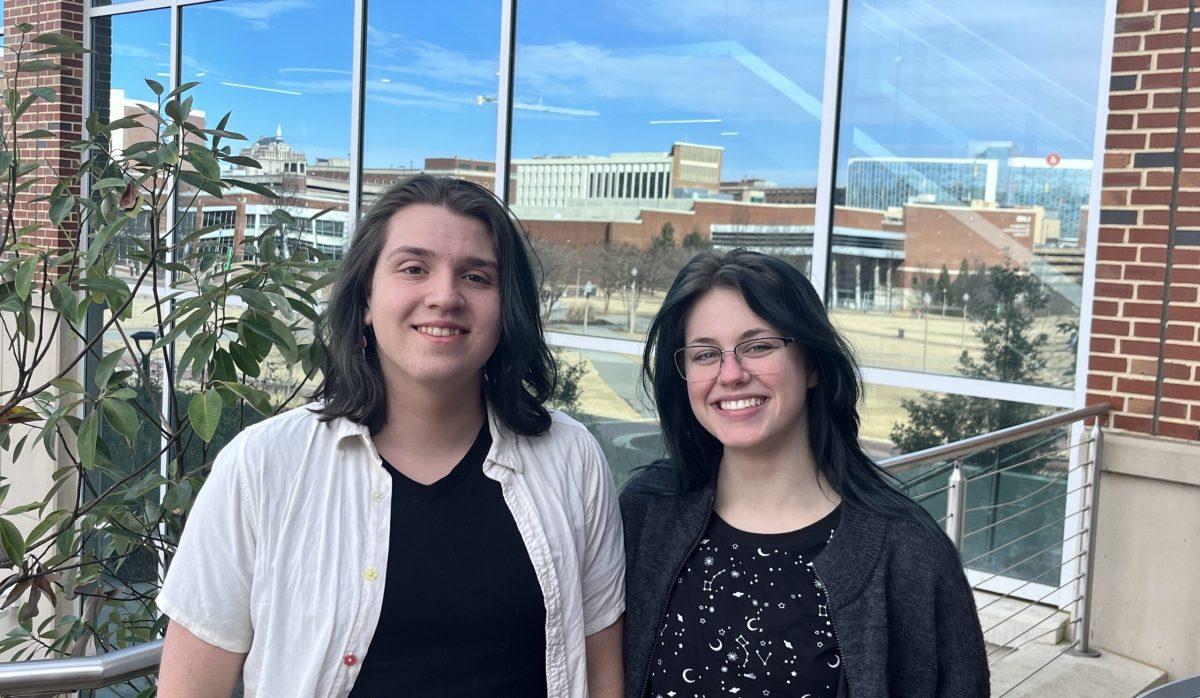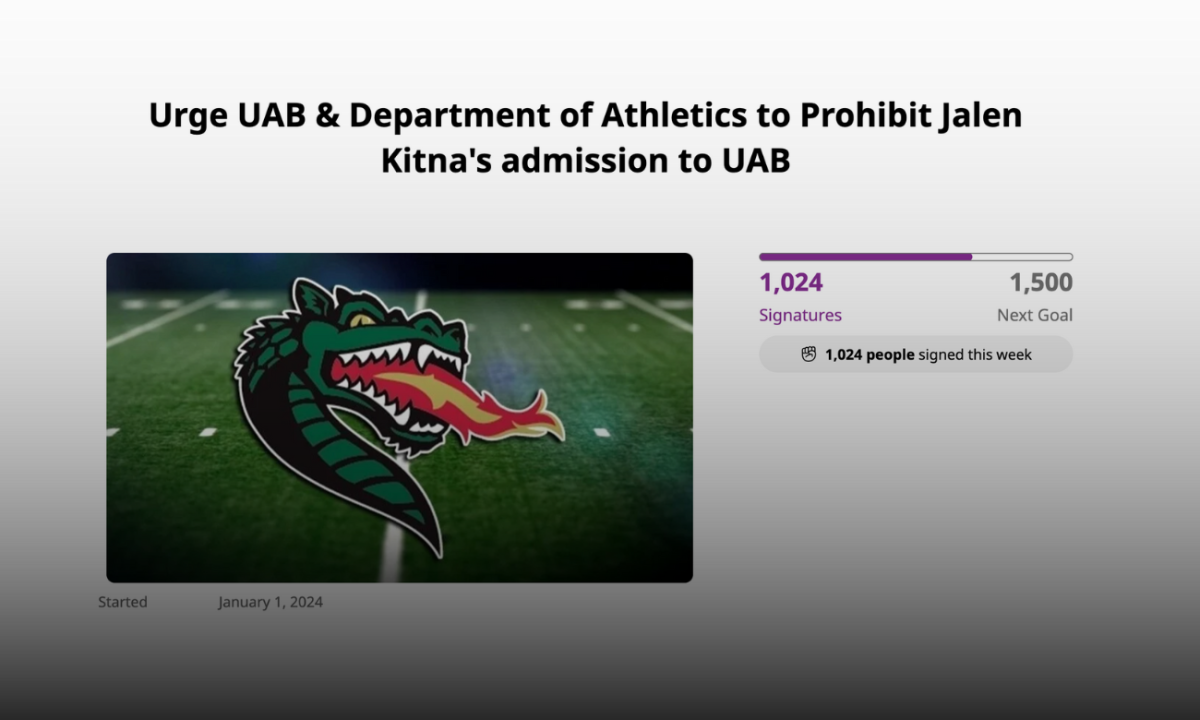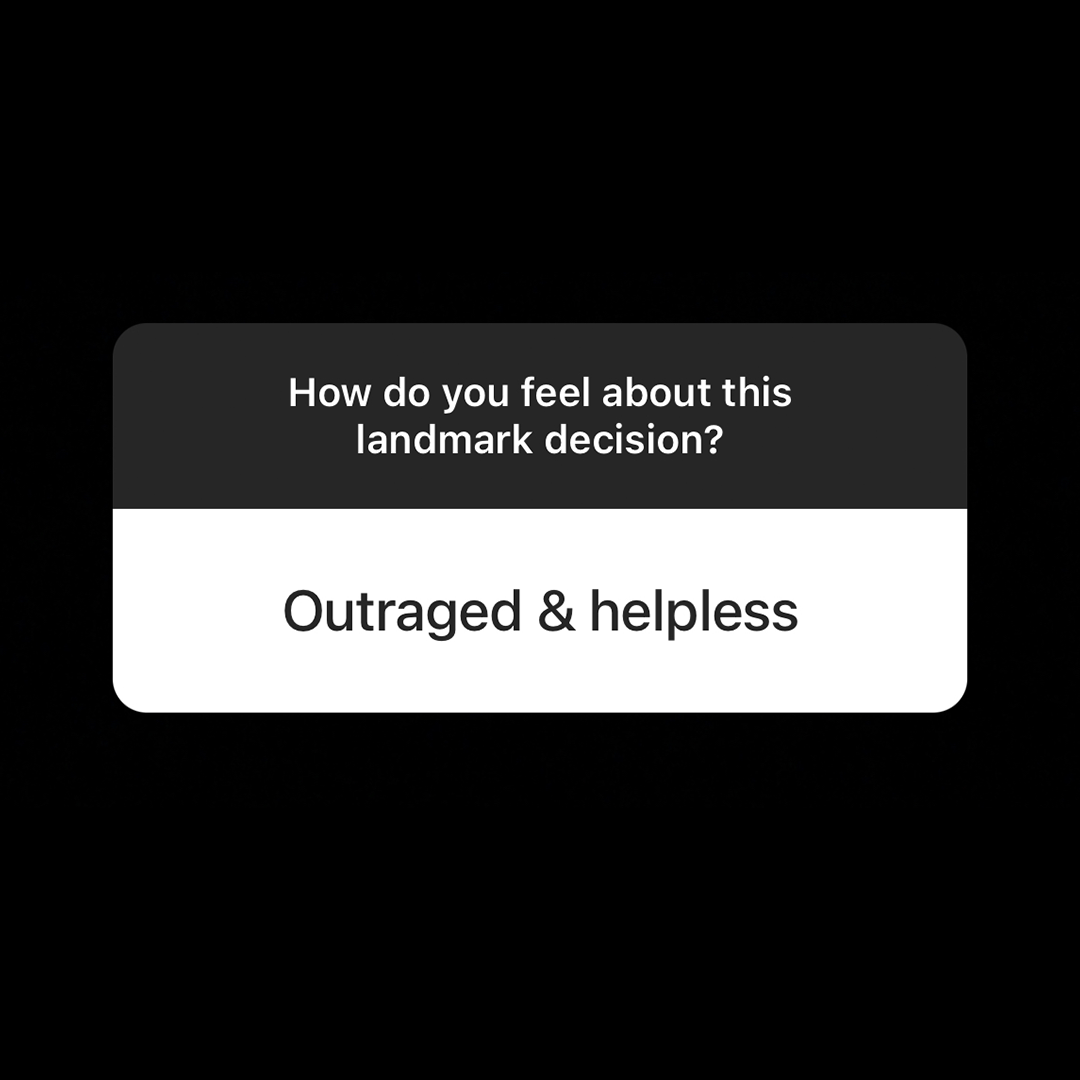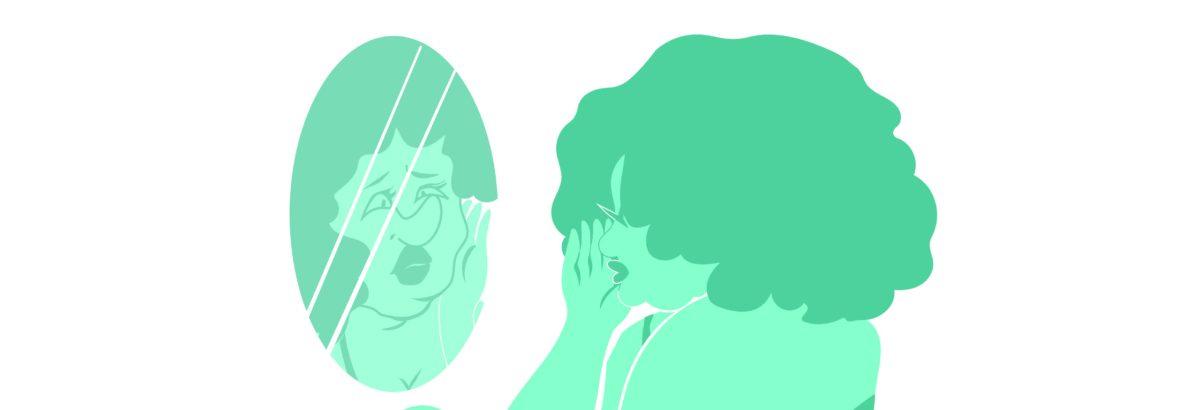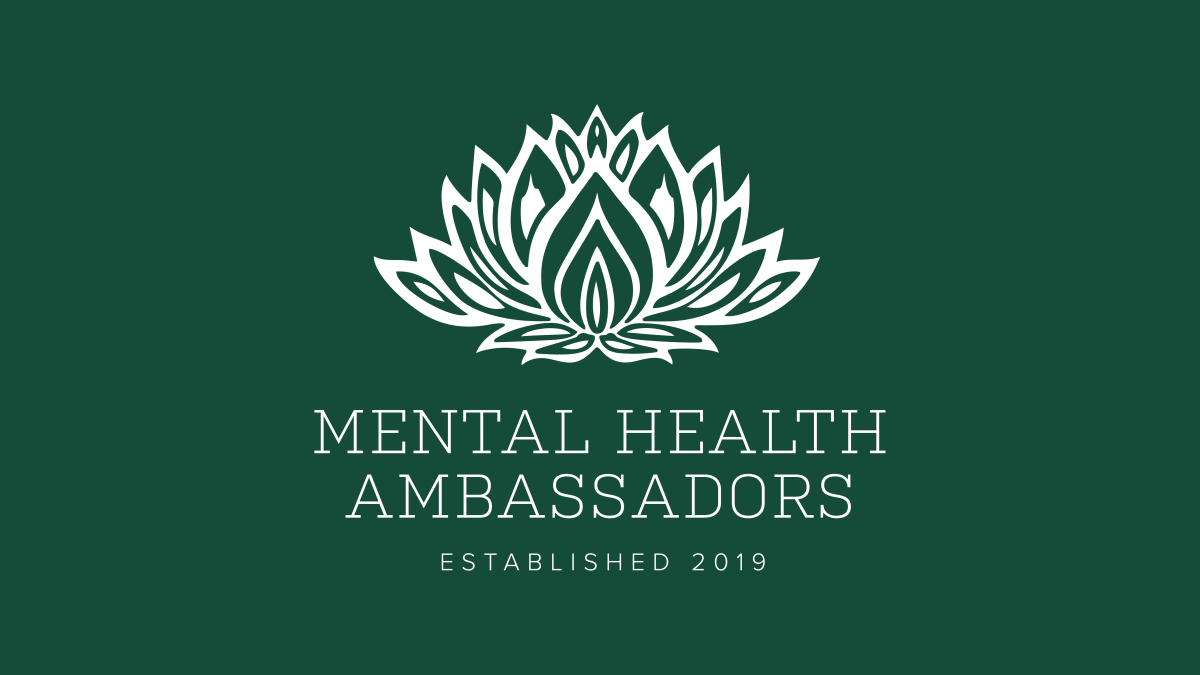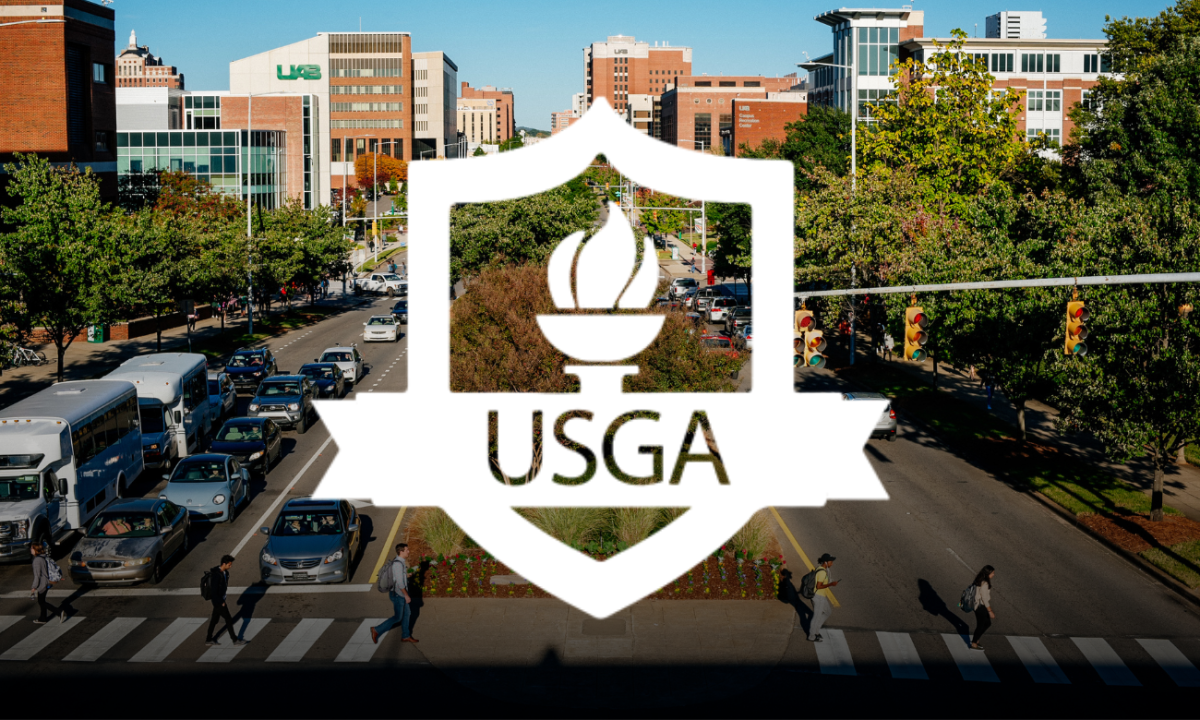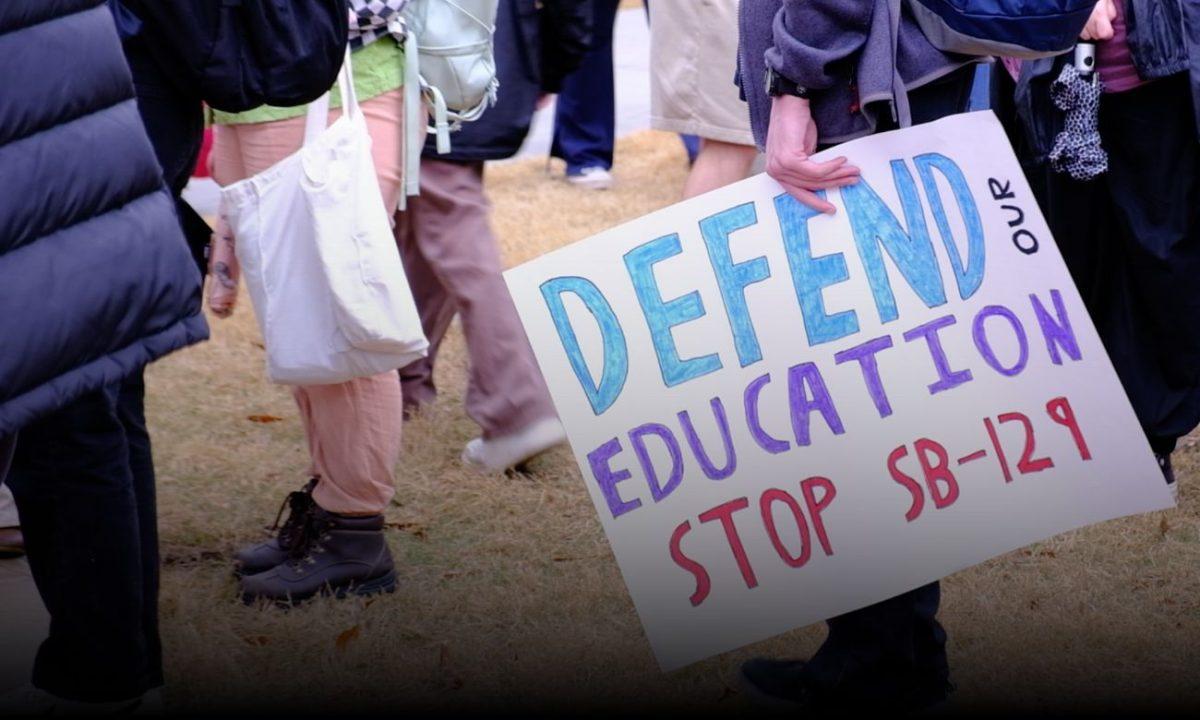The Mental Health Promotion Ambassadors (MHA) program held an online presentation on Monday to recognize the start of the fall semester and Suicide Prevention Month. The MHA is a program for peer-to-peer mental-health promotion that advocates that has been active on campus since 2019.
Attendees of the meeting discussed tips and strategies for surviving the stressful and fast-paced nature of college. Important issues were presented in slides with titles like “Mental Health Statistics Among College Students,” “Warning Signs and Things to Look For” and “When and How to Ask for Help?”
Students were given the opportunity to discuss their personal struggles related to the adjustment to college as well as share tips for making college life easier. Some students mentioned the importance of planning work and sleep schedules ahead of time, joining extracurriculars and practicing self-care routines. Others mentioned reaching out to others for help, emphasizing taking advantage of the campus community.
According to the MHA, up to 44% of college students reported having symptoms of depression and anxiety. “1 in 3 students experience those symptoms significantly,” the presentation said. Common stressors — such as relationships difficulties, struggles with sexual orientation and gender identity or abuse of drugs or alcohol — can cause or worsen symptoms of anxiety and depression.
According to their presentation, as many as 75% of students who struggle with depression and anxiety are reluctant to seek help. Especially in STEM-saturated schools such as UAB, America’s culture of hyperachievement can be especially harmful to students who feel pressured to be perfect.
One list provided by the MHA shared behavioral signs that may suggest poor mental health. These signs included difficulty with schoolwork, changes in sleeping and eating patterns, emotional outbursts, self-destructive or risky behavior, thoughts of suicide or self-harm, lack of energy, loss of interest in activities, withdrawing from friends and wanting to be left alone.
“Moving to campus can be a huge transition from high school,” said the presentation. “Homesickness is totally normal.” When homesick, the MHA suggests scheduling times to talk to family, writing down some positive aspects of your environment, exploring campus and remembering that your feelings are valid and normal.
Creating a supportive campus community is essential to ensuring good mental health for students. The MHA recommends finding campus activities that align with your interests, such as going to games, volunteering or trying new academic or athletic classes.
The MHA wants students suffering from mental health issues to reach out. One particularly helpful resource for this is UAB’s Student Counseling Services. According to their website, “Student Counseling Services supports students … by providing individual and group mental health services, prevention and outreach programming, crisis and emergency support, and consultation services.”
If you are having suicidal thoughts are or in a mental-health or substance-abuse crisis, please call the 988 Suicide & Crisis Hotline.
For more information on the Mental Health Promotion Ambassadors program, check out their social media (@uabmha on Instagram and Twitter) for news, resources and upcoming events.
